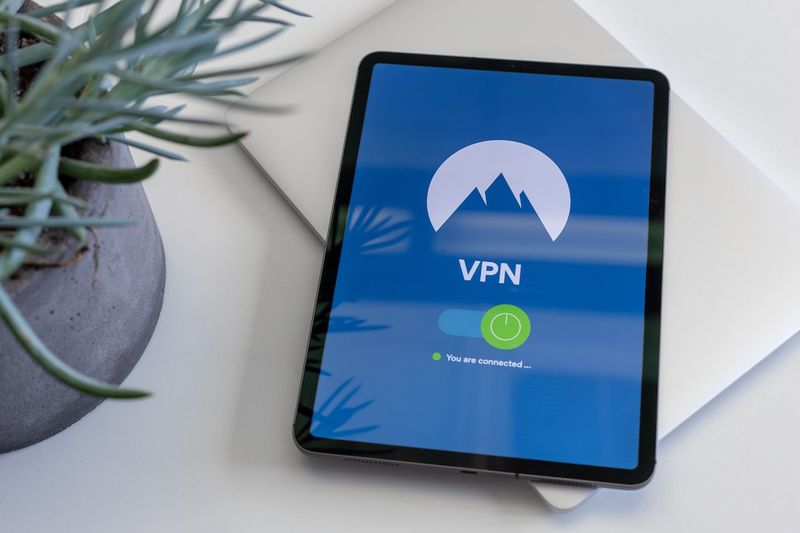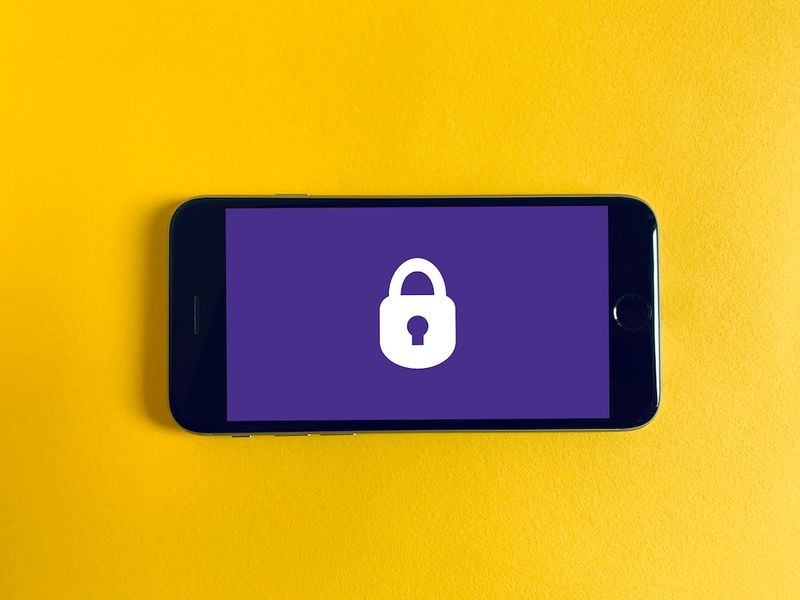Email Security In Other News: Military Emails Leaked, Google Restricts Internet Access, Chinese Spyware
Introduction
In the ever-evolving field of cybersecurity, it is crucial to stay informed about the latest developments, vulnerabilities, and policy changes. This week, several noteworthy stories have emerged, highlighting the importance of email security, the need for robust internet access restrictions, and the ongoing threat of Chinese spyware. These stories shed light on the vulnerability of sensitive information, the efforts taken by major tech companies to protect their employees, and the challenges faced by governments in safeguarding their military communications.
Military Emails Leaked
One of the most concerning stories of the week involves the accidental leakage of millions of email messages destined for US military addresses. Due to a one-character typo, these emails were mistakenly sent to a domain for the African country of Mali instead of the .mil addresses they were intended for. This error has reportedly been ongoing for nearly a decade, despite the Department of Defense’s claims of having controls in place to prevent such incidents.
This incident raises serious questions about the effectiveness of the military’s email security measures. How is it possible for such a basic typo to result in a decade-long leakage of sensitive military information? It is essential for the Department of Defense to conduct a thorough investigation into this matter and take immediate steps to rectify the issue, ensuring that military emails are properly secured and delivered to the intended recipients.
Google Restricts Internet Access
In an effort to mitigate cyber risks, Google has implemented a pilot program where selected employees are voluntarily working without internet access. According to CNBC, Google claims that its employees are frequently targeted in attacks, and restricting internet access is seen as a proactive measure to protect them. While the company initially chose 2,500 employees to participate in the program, they have now opened it up to volunteers.
This move by Google highlights the increasing importance of employee security and the need for companies to prioritize protecting their workforce from cyber threats. The fact that Google, one of the world’s largest tech companies, has implemented such measures emphasizes the severity of the situation. Other organizations should take note and consider adopting similar approaches to ensure the safety of their employees.
Chinese Spyware
The presence and activities of the Chinese espionage group APT41 have once again come to the foreground. Cybersecurity firm Lookout has identified this group as responsible for the advanced Android spyware known as WyrmSpy and DragonEgg. APT41, also known as Barium and Winnti, has been active since 2012, targeting government organizations for espionage and private entities for financial gain.
The continued operations of APT41 highlight the need for robust cybersecurity measures to counter state-sponsored threats. Governments, organizations, and individuals must remain vigilant and employ effective security practices to protect their networks and sensitive data from such sophisticated adversaries. It is crucial to invest in advanced threat detection systems, implement strong access controls, and regularly update security protocols to stay one step ahead of these persistent threat actors.
Editorial: Strengthening Email Security and Internet Access
The recent incident of military email leakage and Google’s initiative to restrict internet access for employee safety underline the urgent need for strengthening email security and implementing robust internet access restrictions. These incidents serve as stark reminders of the vulnerabilities we face in our digitally interconnected world.
It is vital for organizations and individuals alike to prioritize email security. Employing strong encryption methods, implementing multi-factor authentication, and regularly training employees on best practices for email usage can help mitigate the risks of email-related security breaches. Additionally, organizations should regularly assess and update their security measures to adapt to evolving cyber threats and ensure that their email infrastructure is resilient against both internal and external attacks.
Similarly, the measures taken by Google to restrict internet access should serve as a wake-up call for organizations to reassess their own internet security protocols. Implementing network segmentation, using virtual private networks (VPNs) for remote access, and adopting next-generation firewalls that provide granular control can help mitigate the risks associated with unrestricted internet access. Moreover, organizations should educate employees about potential threats and provide them with the necessary tools to safely navigate the internet.
Advice: Prioritizing Internet Security in the Digital Age
In today’s digital landscape, where cyber threats are rampant and constantly evolving, individuals and organizations must take proactive measures to safeguard their digital assets. Here are some key recommendations to prioritize internet security:
1. Implement Strong Access Controls:
Ensure that appropriate user access controls are in place for all systems and network resources. Use multi-factor authentication to add an extra layer of security.
2. Educate Employees:
Regularly train employees on best practices for internet usage and cybersecurity. Teach them to identify phishing emails, avoid suspicious websites, and report any suspicious activities.
3. Update Software Regularly:
Keep all software, including operating systems and applications, up to date with the latest security patches. Vulnerabilities in outdated software can be exploited by threat actors.
4. Use Strong Passwords:
Encourage the use of complex passwords that include a combination of upper and lowercase letters, numbers, and special characters. Avoid reusing passwords across different accounts.
5. Employ Encryption:
Implement encryption for sensitive data both at rest and in transit. Encryption adds an extra layer of protection and ensures that even if data is intercepted, it remains secure.
6. Backup Data Regularly:
Regularly backup critical data to an offline or off-site location. This protects against data loss due to cyberattacks, hardware failures, or natural disasters.
7. Stay Informed:
Keep up to date with the latest cybersecurity news, vulnerabilities, and trends. Stay informed about emerging threats and adopt proactive security measures accordingly.
In the digital age, internet security is paramount. By prioritizing email security, adopting robust internet access restrictions, and following best practices, individuals and organizations can better protect themselves against increasingly sophisticated cyber threats. Only through a collective effort can we create a safer and more secure digital landscape.

<< photo by Petter Lagson >>
The image is for illustrative purposes only and does not depict the actual situation.
You might want to read !
- Title: Examining Russia’s Lengthy Sentence Demand for Cybersecurity Firm Founder
- OpenMeetings Flaws: Exposing Critical Vulnerabilities, Enabling Server Hijacking and Code Execution.
- VirusTotal’s Response: Addressing the Data Leak Impacting Premium Accounts
- Digital Warfare: Hackers Target Russian Satellite Telecom Provider, Allegedly Linked to Wagner Group
- Unraveling the Web of Cyberwar: Understanding the Invisible Battlefields
- Cybersecurity Alert: Popular Android Apps Expose Millions to Chinese Spyware




